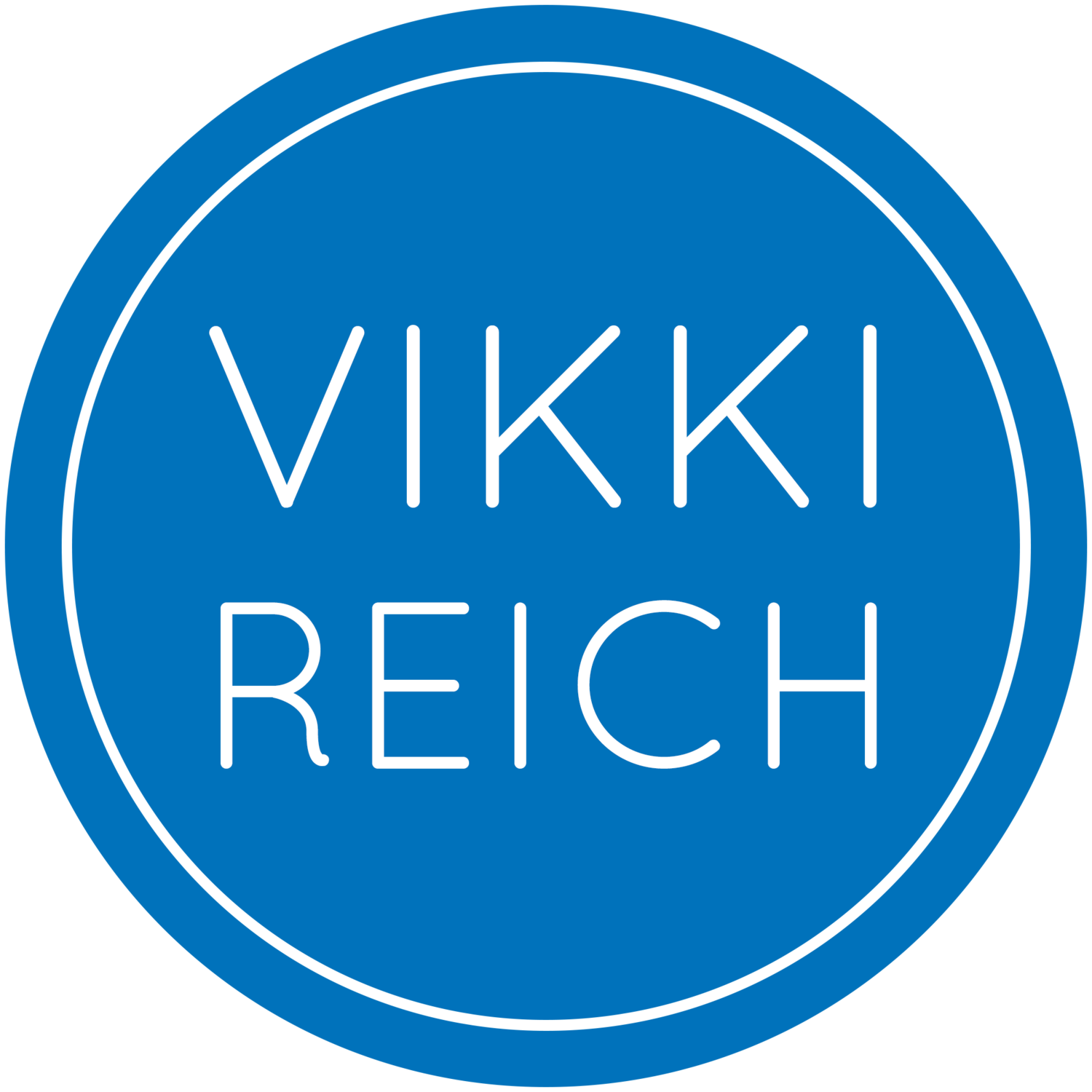There Are No Safe Havens Anymore
/Photo Credit: WESH 2 News
I was not yet 21 when I found myself in a small bar in Iowa City. I sat on a bar stool with my back to the bar and my eyes focused on the neon sign above the door that read RU12. I whispered the name aloud between sips of cheap beer as I tried to decode the meaning - rue 12, rue one two, are you 12 - and I must have appeared visibly puzzled because a slightly older butch woman came and sat down next to me, leaned in with a smile and said, "Honey, keep trying. You'll get it." She sat beside me quietly and then I got it, "Are you one too?" I said excitedly. She laughed and said, "I am. Are you?" I shook my head and she said, "Too bad," before flashing a wide smile and walking away. A year later, I sat in that same bar and answered that question differently.
The first bar I went to after coming out was Club 508 in Des Moines. My friends and I drove the hour from Grinnell to Des Moines just to walk through those doors, to walk into that dark club and see men kissing men and women kissing women. I looked around and stared because I had never been in a space filled with people like me. These weren't college students at a small campus party for LGBT students. These were adults out in the real world and for the first time, I felt like anything was possible.
When I moved to the Twin Cities, the first bar I visited was The Gay 90s. It was an overwhelming labyrinth of thumping music and flashing lights and hundreds of bodies pressed close together. Dykes and faggots and drag queens moving as one in what felt like an entire queer city - colorful and alive, loud and proud.
Shortly after moving to Minneapolis, my girlfriend and I broke up and I was heartbroken. I was 24 years old and in a new city and didn't know how to meet new people. Somehow, I found my way to the Town House in St. Paul. It was a country bar at the time and even though I owned a pair of cowboy boots, I knew nothing about two stepping. But I went and I stood against a wall and watched and a woman bought me a drink and gave me her number at the end of the night. She was the first lesbian I'd met outside the insular world of Grinnell College and she made me feel beautiful and desired. Several months later, Luisa and I went to the Town House for our first date and after the bar closed that night, we sat at the Perkins across the street and I thought, "I want to see her again."
Luisa and I spent one New Year's Eve at Club Metro in St. Paul. We hadn't been together long and our relationship was new and exciting. We flirted and danced with our bodies entwined and kissed passionately at midnight before wandering out into the night and a new year, hand in hand.
I've been to gay bars in Seattle, Portland, Kansas City, DC and New York, though I don't remember the names, and I have looked for gay bars in more places than that and either failed to find them or didn't have the energy to go out at the end of a long day. I could put pins in a map for each place and create a constellation, a collection of stars that guided me and help me tell my story.
I have always preferred quiet nights at home. I'm not a big drinker and I don't like to dance, so why did I seek out gay bars time and time again?
Because in gay bars, for a few hours, queer people know what it feels like to be the majority. We can be sensual and sexual. We can play with gender. We can be as queer as we want to be and be celebrated and seen as beautiful rather than mocked, threatened, beaten and killed. This is important context.
This is what I thought about when I read the news of the attack at Pulse Nightclub in Orlando. Pulse is a gay club and was filled with hundreds of people who had gone there to meet friends and lovers, to drink and dance, to celebrate and someone walked into that space and killed 50 people and injured so many more.
What happened is horrific. Where it happened and when make it even more so. A mass shooting in a gay bar during Pride.
With the fight for marriage equality over, many people have acted as if the fight for LGBTQ equality is over too, but legal protections can't erase the pervasive homophobia and transphobia in this country. I've heard people say that coming out doesn't matter anymore, that we are living in a "post-gay society," that being gay "just isn't a big deal anymore." But that is not the reality of many in the LGBTQ community. If you have any doubt, look to Orlando. People went to a gay bar to celebrate Pride and were killed for it.
Yesterday, after reading the news, I told Miguel what had happened in Orlando and he said, "It makes me worry for my safety and everyone around me." He's not just worried about the many LGBTQ people in his life. He's worried about everyone and he should be. There have already been 133 mass shootings in the United States in 2016 and we are only halfway through the year. This time, LGBTQ people were killed in what should have been a safe space. Where will the next one happen? The hard truth is that there are no safe havens anymore and there won't be until there is gun control.



